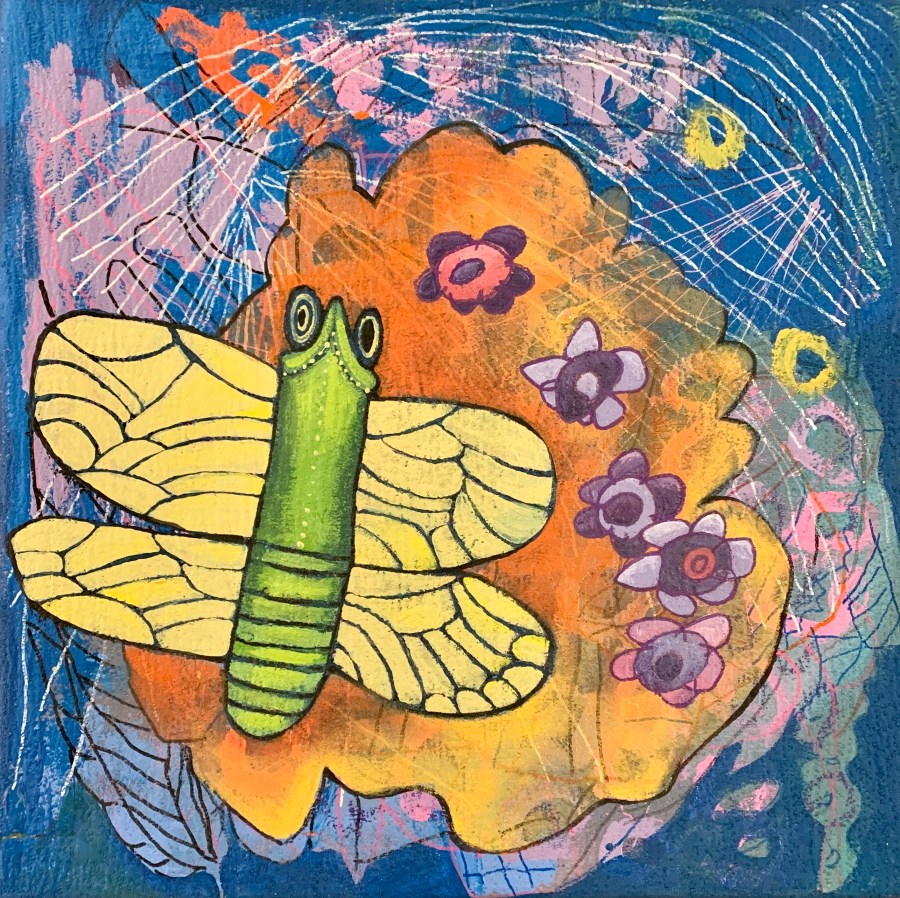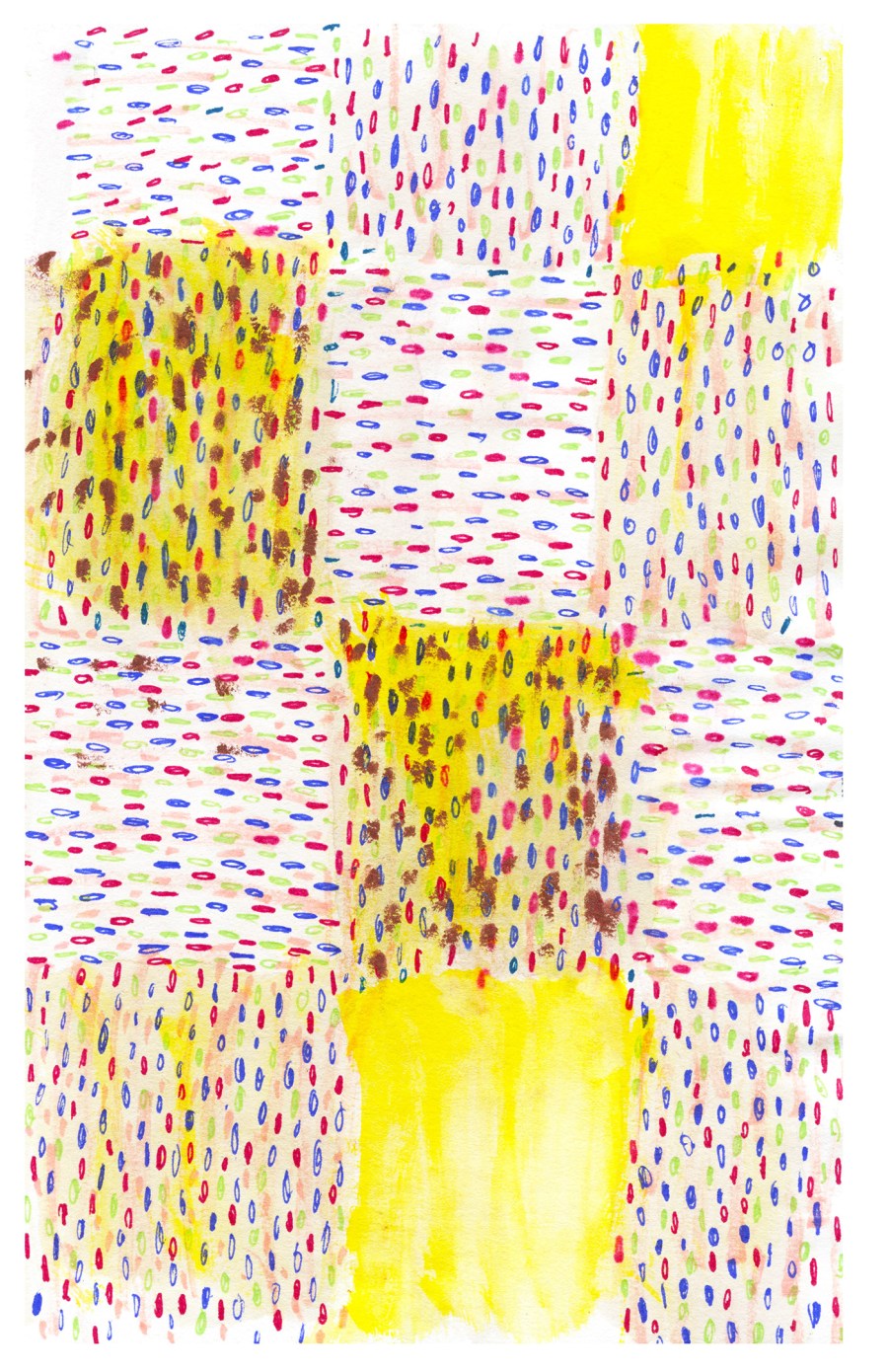Naturism
By Michele Lombardo
My fourteen-year-old daughter lounges atop the Queen-sized bed wearing pink nylon hiking shorts, woolen socks, and nothing else. Torso, out. Boobs, out. I’d been in the bathroom for three minutes and now, somehow, this. Arms folded behind her head, she smiles, a sly tilt in her expression that signals danger. My husband faces the wall of the cramped hotel room, his back to her, like she ordered him to stand in the corner. Whatever this is, he’s losing. Lately, we’re all losing.
Jake pivots to me. “Try to convince her that wearing a shirt in front of her father isn’t too much to ask.” As though he’s the only one being victimized here.
Emma studies her nails like a Cartel boss deciding our fate. “You don’t have a shirt on. You never have a shirt on. Why should I have to wear a shirt when it’s hot out? You have nipples, do you not?” Her father is, indeed, shirtless.
Read More










